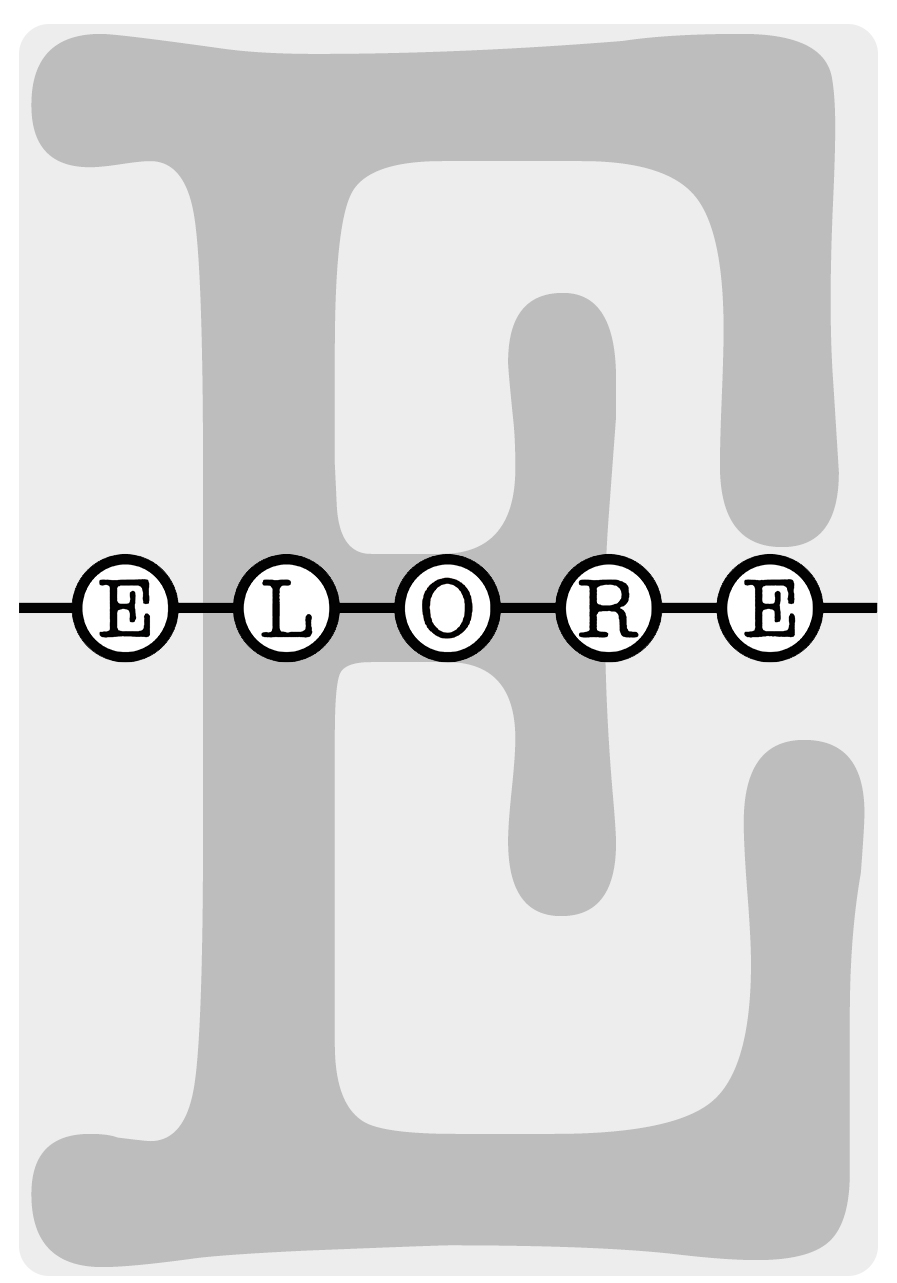Huumori ja meänkielisten tilallinen identiteetti
DOI:
https://doi.org/10.30666/elore.79279Abstract
This article discusses how the spatial identity of linguistic minorities is constructed and shaped through humour. The research focuses on the Meänkieli speaking minorities living in the Torne Valley in Sweden. The research question is approached with the concept of narrative identity, which refers to how individuals and groups build the stories of their self-concept within the context of wider social and cultural discourses. Research is based on eight group discussions, conducted with various cultural workers in the Torne Valley between September 2015 and February 2016, wherein humour was approached simultaneously as a topic of discussion and a mode of narrating. The group discussions disclosed how Meänkieli speaking minorities conceive having a special, unique, and exceptional sense of humour, which is characterized by certain forms of roughness and coarseness as well as a way of experiencing otherness allied with self-irony. In addition, the question whether Meänkieli is a humorous language as such, and by that constitutes a special characteristic of their narrative identity, was one of the key topics during discussions. The research also pointed out how self-irony works as a significant tool for dealing and coping with the minority identity.
Downloads
Published
How to Cite
Issue
Section
License
The journal follows Diamond Open Access publishing model: the journal does not charge authors and published texts are immediately available on the Journal.fi service for scientific journals. By submitting an article for publication on Elore, the author agrees, as of September 2024, that the work will be published under a CC BY 4.0 licence. Under the licence, others may copy, transmit, distribute and display the copyrighted work and any modified versions of the work based on it only if they attribute the licence, the original publication (link or reference) and the author as the original author. Any modifications made must be acknowledged.
Copyright of the texts remains with the authors, and self-archiving (Green OA) of the published version is allowed. This also applies to texts published before September 2024. The Green OA publication must include Elore's publication details.
The metadata for published articles is licensed under Creative Commons CC0 1.0 Universal.





